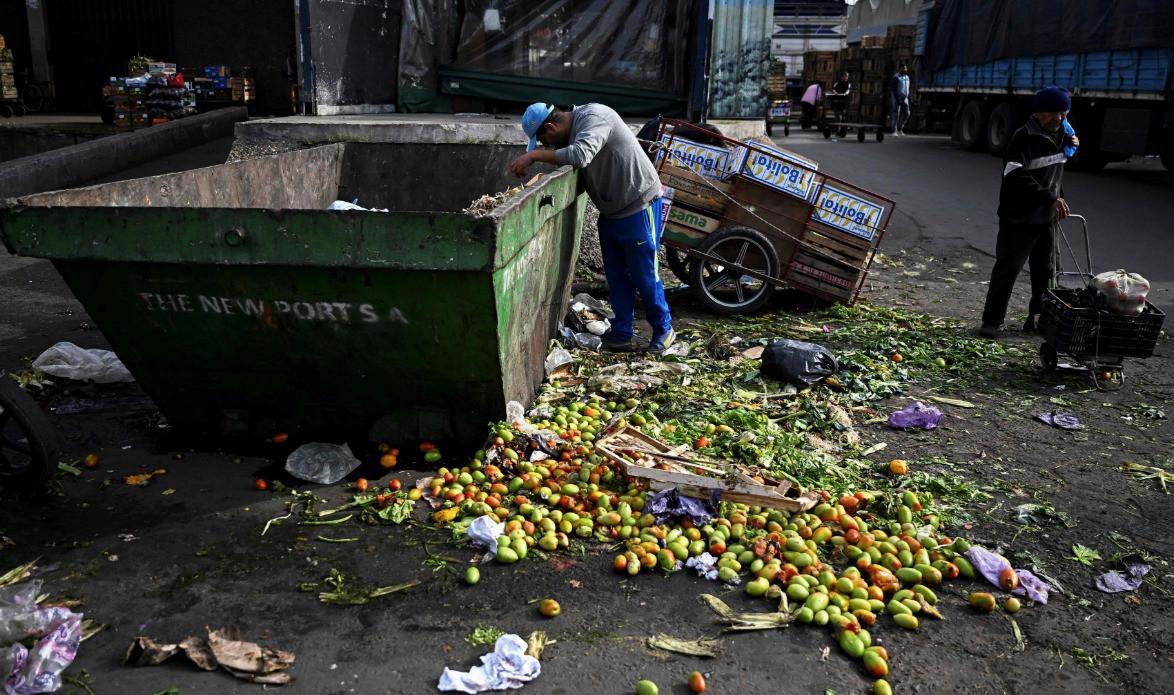Development goals for 2030 are in trouble: UN
UNITED NATIONS

In a grim report, the U.N. has warned that at the current rate of global progress 575 million people will still be living in extreme poverty and 84 million children won’t be going to school in 2030 – and it will take 286 years to reach equality between men and women.
The report on progress in achieving 17 wide-ranging U.N. goals adopted by world leaders in 2015 to improve life for the world's more than 7 billion people said that only 15 percent of some 140 specific targets that experts evaluated are on track to be reached by the end of the decade.
Close to half the targets are moderately or severely off track, it said, and of those 30 percent have either seen no movement at all or regressed including key targets on poverty, hunger and climate.
The ambitious goals for 2030 include ensuring that hunger is eradicated and nobody lives on less than $2.15 a day which is the extreme poverty line, providing every child with a quality primary and secondary school education, achieving gender equality, ensuring all people have clean water, sanitation and access to affordable energy, reducing inequalities, and taking urgent action to combat climate change.
“Unless we act now, the 2030 agenda could become an epitaph for a world that might have been,” U.N. Secretary-General Antonio Guterres said in a foreword to the report.
“Failure to make progress means inequalities will continue to deepen, increasing the risk of a fragmented, two-speed world.”
Undersecretary-General for Economic and Social Affairs Li Junhua said conflicts including the war in Ukraine, climate change, the lingering effects of the COVID-19 pandemic especially its devastating financial impact on developing countries, and geopolitical tensions are all “threatening to derail hard-earned progress” toward achieving the goals.
He said that the pandemic saw the largest decline in childhood vaccinations in three decades, an increase in tuberculosis and malaria deaths, and learning losses in 80 percent of the 104 countries studied.
It also interrupted three decades of progress in reducing poverty, and produced the largest rise in inequality between countries in three decades, he said.
“By May 2023, the devastating consequences of war, conflict and human rights violations had displaced a staggering 110 million people of which 35 million were refugees – the highest figure ever recorded,” the ECOSOC chief said.
“Shockingly, the world is back at hunger levels not seen since 2005, and food prices remain higher in more countries than in the period 2015-2019,” the report said.
In 2021, the number of people suffering from hunger was close to 800 million, far above pre-pandemic levels, and in 2022 an estimated 45 million children under the age of 5 suffered from wasting and 148 million had stunted growth while 37 million were overweight, it said.
















